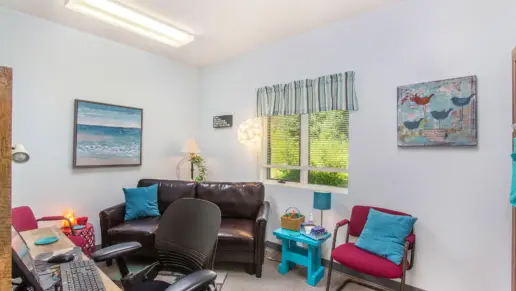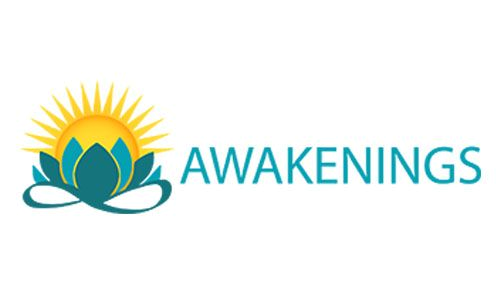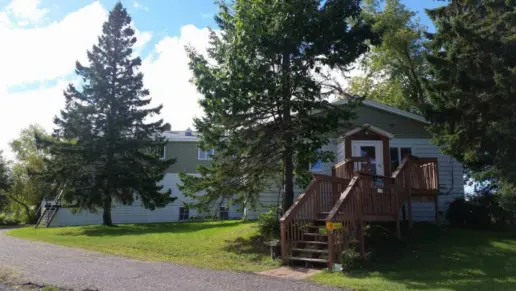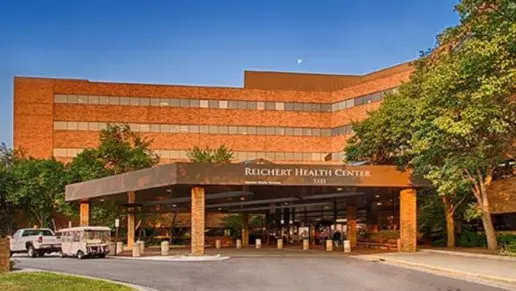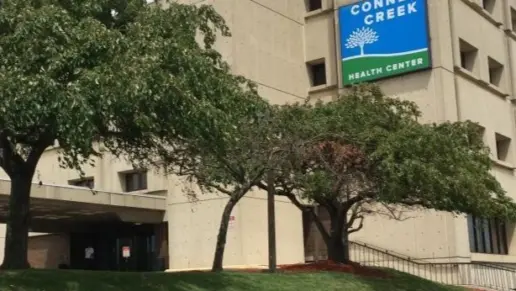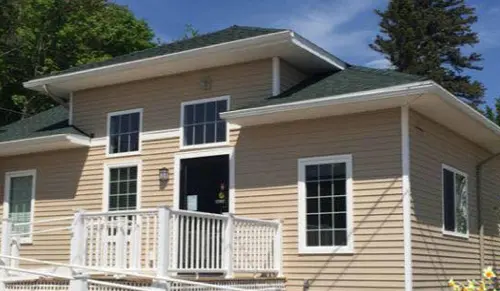About Rainbow Center of Michigan
The Rainbow Center of Michigan in Taylor was a medication assisted treatment (MAT) program that offered methadone therapy and counseling. They were accredited by The Joint Commission, certified by SAMHSA, and licensed by the State of Michigan. They are currently closed.
Opioid Use Disorder Treatment by Methadone
The primary function of the clinic was detox by methadone and methadone maintenance. Daily ingestion of methadone was monitored at the clinic by qualified staff. Services were available 24/7 by calling an 800 number. Clients who were 21 years old or older were accepted.
Treatments and services offered included comprehensive, integrated, trauma informed care that was gender specific and sensitive to cultural needs. The center treated opioid use disorder and co-occurring mental health issues. Clients engaged in individual therapy and group counseling. Individual family sessions and group family sessions worked to strengthen the bond within the family and repair damaged relationships.
Social workers, mental health workers, addiction counselors, physicians, and nurses provided care at the clinic. Referrals were granted for clients requiring more extensive care.
Open Rainbow Center Location Treating Opioid Use Disorder
While the locations in Taylor and Monroe, Michigan, are closed, the Highland Park location is still open. The Highland Park location serves clients in the Metropolitan Detroit area, Wayne County, surrounding counties, and adjoining states.
Latest Reviews
Rehab Score
Other Forms of Payment
Medicaid is a state based program that helps lower-income individuals and families pay for healthcare. Medicaid covers addiction treatment so those enrolled can use their coverage to pay for rehab. When a program accepts Medicaid the client often pays very little or nothing out of their own pocket.
Private insurance refers to any kind of healthcare coverage that isn't from the state or federal government. This includes individual and family plans offered by an employer or purchased from the Insurance Marketplace. Every plan will have different requirements and out of pocket costs so be sure to get the full details before you start treatment.
Self-pay involves paying for treatment out of your own pocket. You can use savings or credit, get a personal loan, or receive help from family and friends to fund your treatment. If you don't have insurance or your insurance plan doesn't cover a specific program, self-pay can help ensure you still get the care you need.
Medicare is a federal program that provides health insurance for those 65 and older. It also serves people under 65 with chronic and disabling health challenges. To use Medicare for addiction treatment you need to find a program that accepts Medicare and is in network with your plan. Out of pocket costs and preauthorization requirements vary, so always check with your provider.
Military members, veterans, and eligible dependents have access to specific insurance programs that help them get the care they need. TRICARE and VA insurance can help you access low cost or no cost addiction and mental health treatment. Programs that accept military insurance often have targeted treatment focused on the unique challenges military members, veterans, and their families face.
Addiction Treatments
Levels of Care
 Outpatient
Outpatient
 Medically Assisted Detox
Medically Assisted Detox
Treatments
The goal of treatment for alcoholism is abstinence. Those with poor social support, poor motivation, or psychiatric disorders tend to relapse within a few years of treatment. For these people, success is measured by longer periods of abstinence, reduced use of alcohol, better health, and improved social functioning. Recovery and Maintenance are usually based on 12 step programs and AA meetings.
Drug rehab in Michigan provides personalized treatment to help individuals break this cycle and regain control of their lives. Treatment methods are used in various levels of care, including inpatient rehab, partial hospitalization programs, intensive outpatient programs, and standard outpatient treatment.
Opioid rehabs specialize in supporting those recovering from opioid addiction. They treat those suffering from addiction to illegal opioids like heroin, as well as prescription drugs like oxycodone. These centers typically combine both physical as well as mental and emotional support to help stop addiction. Physical support often includes medical detox and subsequent medical support (including medication), and mental support includes in-depth therapy to address the underlying causes of addiction.
Substance rehabs focus on helping individuals recover from substance abuse, including alcohol and drug addiction (both illegal and prescription drugs). They often include the opportunity to engage in both individual as well as group therapy.
Programs

Adult Program

Young Adult Program
Clinical Services
Group therapy is any therapeutic work that happens in a group (not one-on-one). There are a number of different group therapy modalities, including support groups, experiential therapy, psycho-education, and more. Group therapy involves treatment as well as processing interaction between group members.
Accreditations

The Substance Abuse and Mental Health Services Administration (SAMHSA) is a branch of the U.S. Department of Health and Human Services. Established in 1992 by congress, SAMHSA's mission is to reduce the impact of substance abuse and mental illness on American's communities.
SAMHSA Listed: Yes
